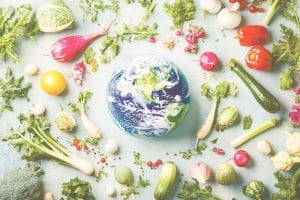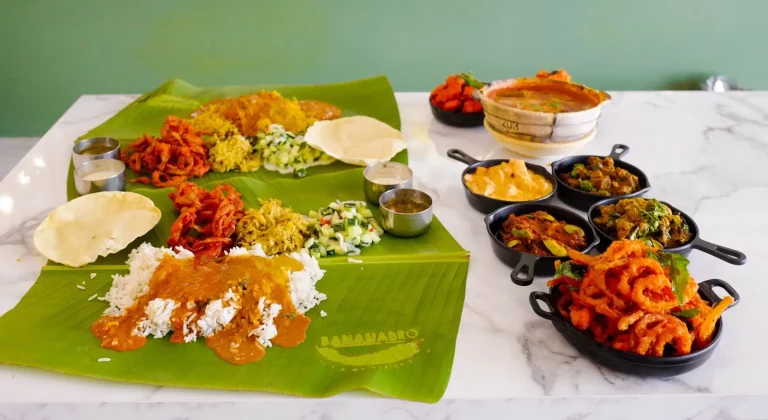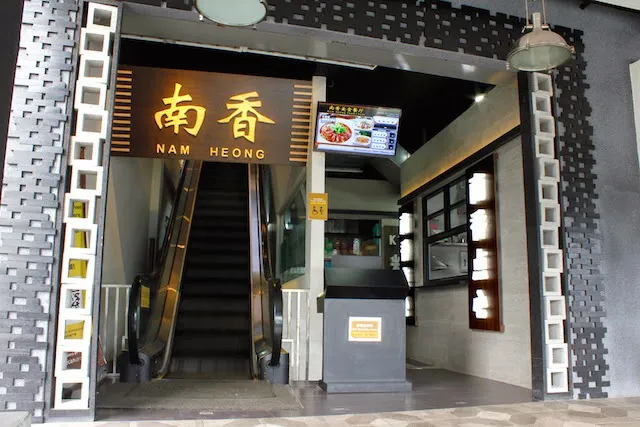
By embracing innovation and fostering collective action, Malaysia can ensure a future where food security is not a privilege but a guarantee for all.
Agriculture remains the backbone of Malaysia’s economy and a cornerstone of our national identity. However, as the climate crisis intensifies, this vital sector faces unprecedented challenges, threatening our ability to feed the nation.
The unpredictable nature of climate factors—rising temperatures, erratic rainfall, floods, and droughts—poses a clear and present danger to food production and distribution. These accelerating changes highlight the urgent need for resilient and sustainable food systems, especially as prices in Malaysia continue to surge.
The recent flood season in December 2024 wreaked havoc, causing vegetable prices in Malaysia to skyrocket by 50-80%. Over 100 hectares of farmland in five states (Johor, Malacca, Perak, Kelantan, and Terengganu) were destroyed, leading to a significant supply shortage. Common vegetables like sawi, bayam, and kangkung now cost RM8 per kg, up from RM3.50. Similarly, tomatoes and lady’s fingers have nearly doubled in price, while red peppers saw the most dramatic increase, now selling for RM22 per kg.
When food prices in Malaysia rise, lower-income households bear the brunt, spending a larger portion of their income on food at the expense of healthcare and education. Nutritious items like fresh vegetables, fruits, and protein sources become unaffordable, exacerbating dietary deficiencies and malnutrition—issues already prevalent in the country.
The urgency of addressing food security is further underscored by Malaysia’s 2.6% year-on-year increase in food prices as of November 2024, the highest since December 2023. Higher costs for food away from home (4.1%), vegetables (2.7%), and meat (1.4%) reveal systemic vulnerabilities. Extreme weather events, such as floods and droughts, disrupt agricultural cycles, reduce yields, and stress supply chains.
Building a Resilient Agrifood System
Malaysia’s food security challenges are deeply intertwined with climate change and systemic inefficiencies. Existing strategies, while helpful, often fall short of creating a resilient and sustainable food system. Addressing these challenges requires a multipronged approach integrating technology, policy, and community engagement.
Despite recurring monsoon seasons, long-term solutions for agricultural preparedness remain inadequate. Farmers remain vulnerable to extreme weather, leading to frequent yield losses and supply disruptions. Local food production, while receiving attention, has yet to achieve self-sufficiency for key staples, intensifying food insecurity during crises.
Investing in local innovations, such as flood-tolerant rice, can ensure stability during rainy seasons. Flood-prone areas should adopt climate-resilient practices and modern technologies to mitigate risks and maximize yields. Collaboration with research institutions can bring these ideas to life, protecting farmers and boosting productivity.
Smallholder farmers, who form a significant portion of Malaysia’s agricultural workforce, often lack access to modern technology, financial credit, and training. Tools like satellite imaging, precision agriculture, and early warning systems can optimize resource use and enhance preparedness. Technologies such as AI-driven analytics, robotics, and drones can automate labor-intensive tasks, improving efficiency and reducing dependency on unpredictable weather.
Government subsidies, affordable credit, and capacity-building programs are essential to encourage smallholder farmers and young agripreneurs to adopt these technologies. Cooperative models that pool resources and encourage knowledge-sharing can further bolster resilience at the grassroots level.
Urban farming, from rooftop gardens to community vegetable patches, offers a sustainable way to grow food close to home. These initiatives reduce pressure on commercial supply chains, save money, and promote healthier eating. Imagine neighborhoods coming together to create community gardens, fostering self-reliance and solidarity.
As consumers, choosing locally produced and seasonal foods, along with reducing food waste, are simple yet impactful steps to support farmers and promote sustainability.
Call to Action
Malaysia stands at a critical juncture in addressing climate change and food insecurity. Failure to act risks unraveling decades of progress, but it also presents an opportunity to redefine our food systems into a model of resilience and sustainability.
The road ahead demands collaboration across sectors—policymakers, scientists, farmers, and consumers must work hand in hand. By embracing innovation and fostering collective action, Malaysia can ensure a future where food security is not a privilege but a guarantee for all.
It’s time to sow the seeds of resilience, nurture collaboration, and grow a future where every Malaysian has access to safe, nutritious, and affordable food.




